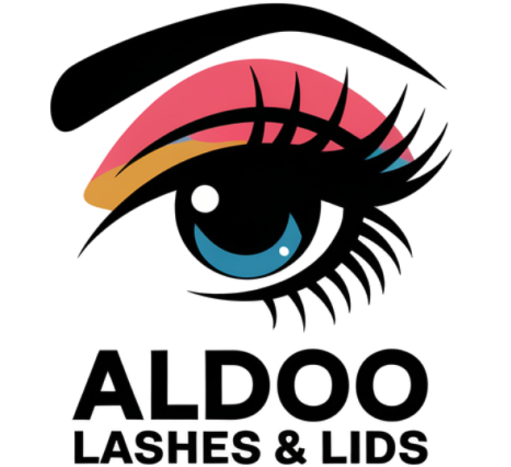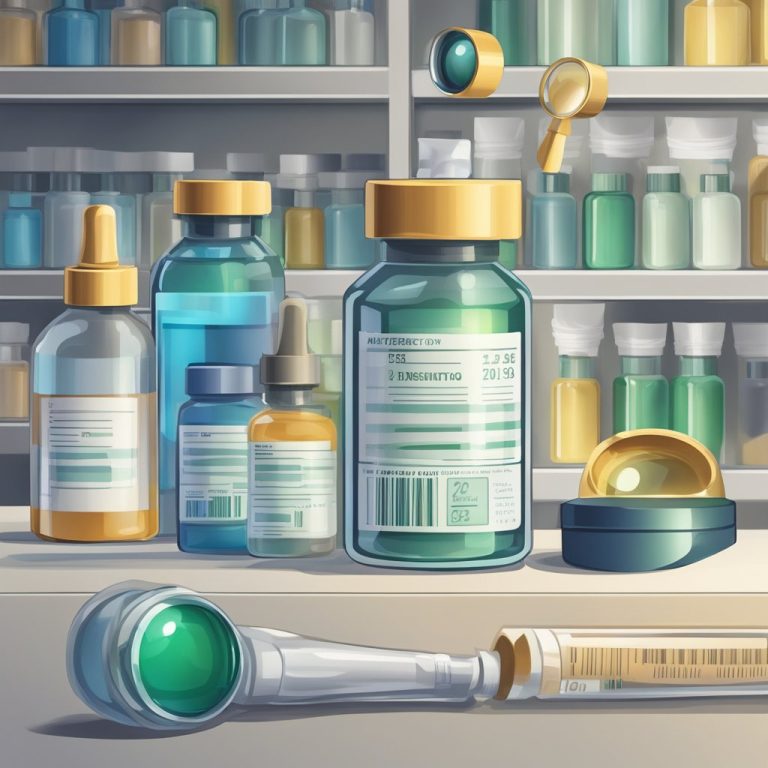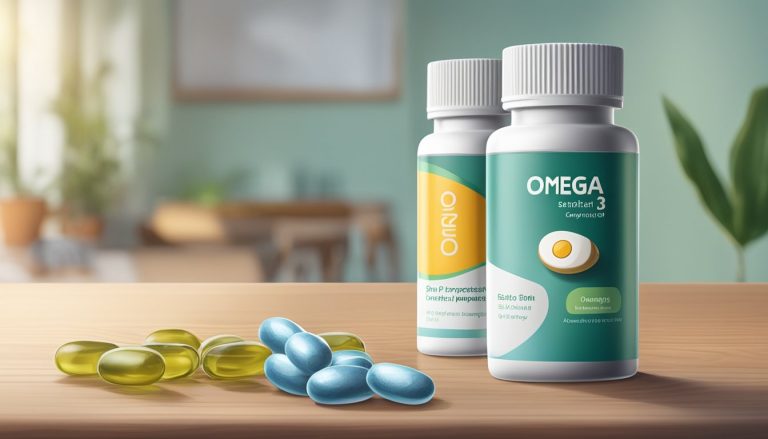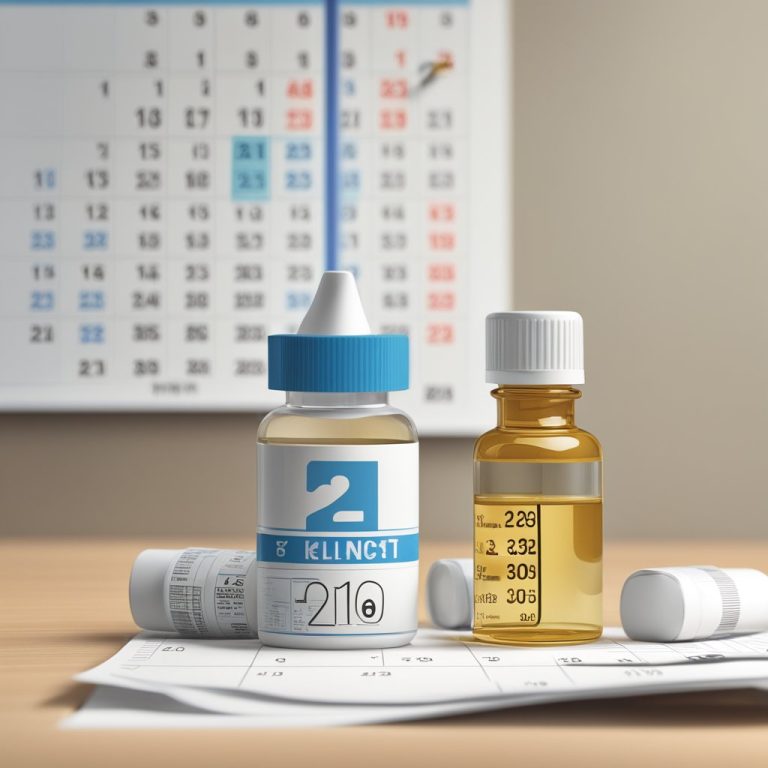Can You Use Contact Solution as Eye Drops?
Can You Use Contact Solution as Eye Drops? Exploring the Safety and Effectiveness

Understanding Contact Solution
Contact solution is a liquid that is specifically designed to clean, disinfect, and store contact lenses. It is not intended to be used as eye drops. While it may contain saline, which is safe for the eyes, it also contains other components that are not meant to be put directly into the eyes.
Using contact solution as eye drops can lead to irritation, redness, and other uncomfortable symptoms. In some cases, it may even cause an allergic reaction. Symptoms of an allergic reaction typically include eye redness, eyelid swelling, and itchy or watery eyes.
To avoid these issues, it is important to use eye drops that are specifically formulated for use in the eyes. These drops are designed to provide lubrication, relieve dryness, or treat specific eye conditions. They are generally safe, effective, and easy to use.
When using contact lenses, it is important to follow proper hygiene practices. This includes cleaning your lenses regularly with contact solution, storing them in a clean case, and replacing them as recommended by your eye doctor. By following these guidelines, you can help to ensure that your eyes stay healthy and comfortable.
Safety and Risks of Using Contact Solution as Eye Drops
If you’re experiencing dry or irritated eyes, you may be tempted to use contact solution as eye drops. However, using contact solution as eye drops is not recommended and can be harmful to your eyes. Here are some of the potential risks and side effects of using contact solution as eye drops.
Chemical Composition Differences
Contact solution is designed to clean and disinfect contact lenses, not to be used as eye drops. The chemical composition of contact solution is different from that of eye drops. Contact solution contains ingredients such as preservatives, which can be harmful to your eyes if used inappropriately. On the other hand, eye drops are designed to lubricate and moisturize your eyes. They contain ingredients that are safe to use in your eyes and are formulated to provide relief from dryness and irritation.
Potential Side Effects
Using contact solution as eye drops can lead to a variety of side effects, including redness, irritation, and even infection. Contact solution is not sterile and can be contaminated with harmful bacteria, which can cause serious eye infections. Moreover, contact solution can cause allergic reactions, especially if you’re sensitive to one of its ingredients. Symptoms of an allergic reaction can include redness, itching, and swelling of the eyes.
Proper Eye Care Alternatives
When it comes to proper eye care, using the right products is essential. While contact solution may seem like a quick fix for dry or irritated eyes, it is not recommended. Fortunately, there are other alternatives that can help keep your eyes healthy and comfortable.
Saline Solutions
Saline solutions are a great alternative to contact solution as eye drops. They are specifically designed to mimic the natural salt concentration in tears, making them a safe and effective option for rinsing and hydrating your eyes. Saline solutions can be found at most drugstores and are usually available in small, single-use vials or larger bottles.
Artificial Tears
Artificial tears are another great alternative to contact solution as eye drops. They are specifically designed to lubricate and moisturize the eyes, providing relief from dryness and irritation. Artificial tears are available over-the-counter at most drugstores and are usually available in small, single-use vials or larger bottles. Some artificial tears contain preservatives, so be sure to read the label carefully before use.
Guidelines for Eye Drop Usage
When using eye drops, it is important to follow certain guidelines to ensure their effectiveness and safety. Here are a few tips to keep in mind:
1. Wash your hands
Before applying eye drops, make sure to wash your hands thoroughly with soap and water. This will help prevent the transfer of germs and bacteria to your eyes.
2. Check the expiration date
Always check the expiration date of your eye drops before using them. Expired eye drops may not be as effective and can even cause harm to your eyes.
3. Follow the instructions
Be sure to read and follow the instructions on the packaging of your eye drops. Some eye drops require specific dosages or need to be shaken before use.
4. Avoid touching the dropper
To prevent contamination, avoid touching the dropper of your eye drops to your eyes or any other surface. This can introduce bacteria and other harmful substances into the solution.
5. Wait between drops
If you need to use more than one drop, wait at least five minutes between each application. This will give your eyes time to absorb the medication and prevent excess fluid from overflowing.
When to Consult an Eye Care Professional
While it may be tempting to use contact solution as eye drops when you’re in a pinch, it’s important to remember that these products serve different purposes. Contact solution is designed to clean and disinfect contact lenses, while eye drops are formulated to lubricate and soothe dry eyes or alleviate other eye conditions.
If you experience dryness, redness, or discomfort in your eyes, it’s important to consult with an eye care professional before using any eye drops or other treatments. They can help determine the underlying cause of your symptoms and recommend the best course of treatment.
In some cases, using contact solution as eye drops can actually make your symptoms worse. This is because contact solution contains ingredients that are not intended for use in the eyes and can cause irritation or other complications.
If you wear contact lenses and are experiencing discomfort or other symptoms, it’s important to follow the instructions provided by your eye care professional and use the appropriate products for cleaning and disinfecting your lenses. They can also help you find the right type of eye drops to use if you need additional relief.
Frequently Asked Questions
Is it safe to use multi-purpose contact lens solution as eye drops?
No, it is not safe to use multi-purpose contact lens solution as eye drops. Contact lens solution is designed to clean and disinfect contact lenses, not to be used as eye drops. Using contact lens solution as eye drops can cause irritation, redness, and other eye problems. It is important to use eye drops that are specifically designed for lubricating the eyes.
Can saline solution be used to relieve dry eyes?
While saline solution is safe for your eyes, it should not be used in place of contact solution or eye drops. Saline solutions do not contain the necessary cleaning, disinfecting, or moisturizing ingredients typical of most multi-purpose or hydrogen peroxide solutions. Saline solution can only provide temporary relief for dry eyes and is not a long-term solution.
What are the risks of putting contact solution directly in the eyes?
Putting contact solution directly in the eyes can cause irritation, redness, and other eye problems. Contact solution is designed to clean and disinfect contact lenses, not to be used as eye drops. Using contact solution as eye drops can also lead to an allergic reaction or an infection.
Are there alternatives to eye drops that can be used for eye lubrication?
Yes, there are alternatives to eye drops that can be used for eye lubrication. Some options include using a humidifier to add moisture to the air, blinking more frequently, or using warm compresses on the eyes. You can also try eating foods that are high in omega-3 fatty acids, such as salmon or walnuts, which can help lubricate the eyes.
Can you apply Biotrue multi-purpose solution directly to your eyes for moisture?
No, you should not apply Biotrue multi-purpose solution directly to your eyes for moisture. Biotrue multi-purpose solution is designed to clean and disinfect contact lenses, not to be used as eye drops. Using Biotrue multi-purpose solution as eye drops can cause irritation, redness, and other eye problems.
Is it advisable to use eye drops as a substitute for contact lens solution?
No, it is not advisable to use eye drops as a substitute for contact lens solution. Eye drops are designed to lubricate the eyes and provide temporary relief for dry eyes. However, they do not contain the necessary cleaning and disinfecting ingredients found in contact lens solution. Using eye drops as a substitute for contact lens solution can lead to an infection or other eye problems.






